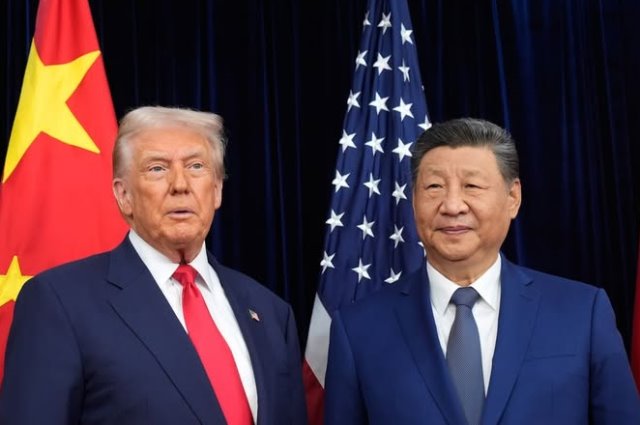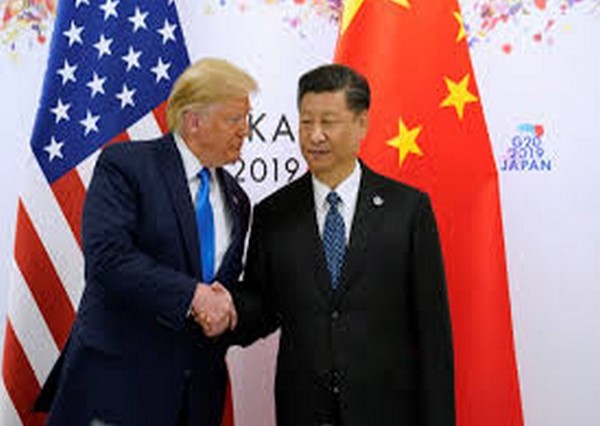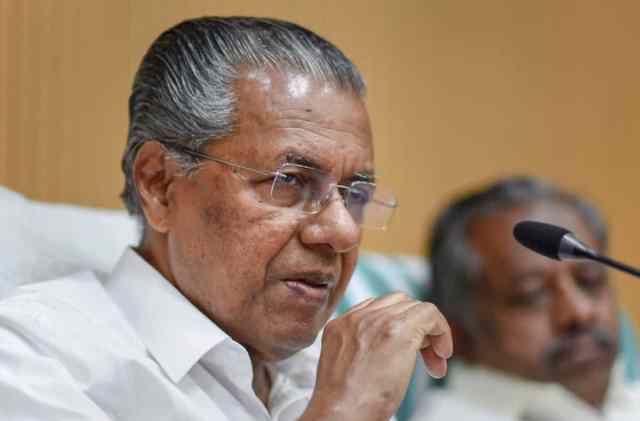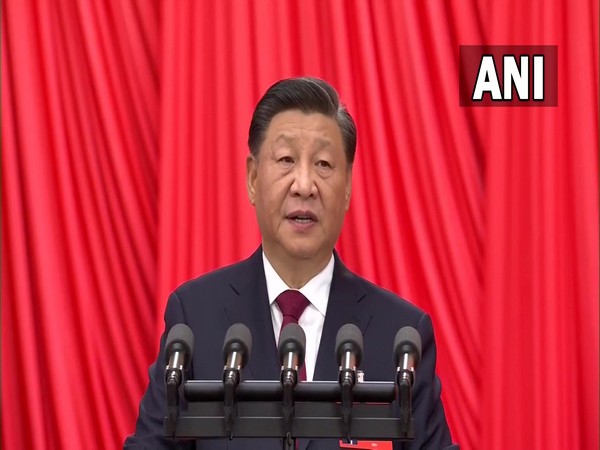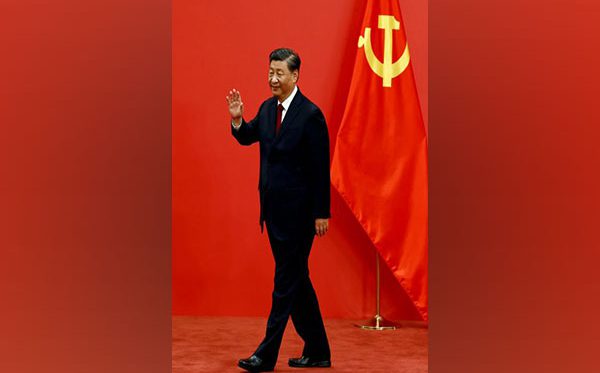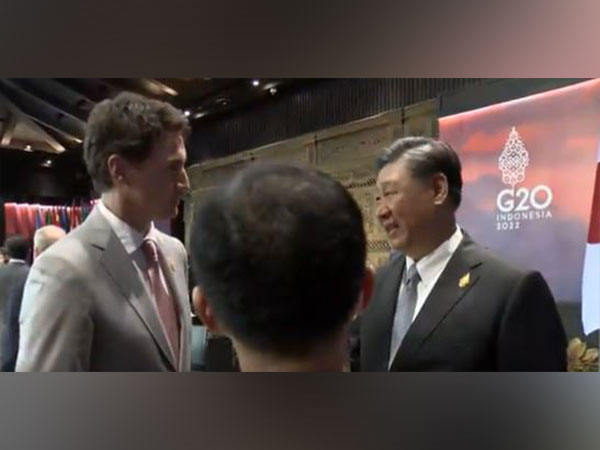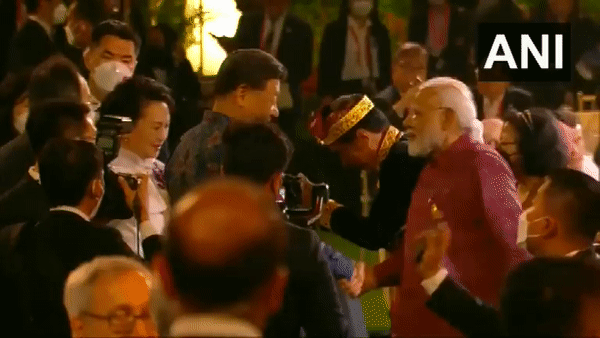The meeting between US President Trump and his Chinese counterpart Xi Jinping, held at Busan, South Korea, happened after a gap of six years, though as pointed out by President Xi, they had spoken on phone thrice during this period. The meeting was supposed to handle many tricky issues between the two largest global economies. While one party tried to hammer out an agreement by promises of a brutal power response, the other acted much subtly assured of its position as the global manufacturer.
Overall, the summit could be described as just optics for the American public, as it may not translate into any real gain for the American taxpayer. Further, as announced the Trump visit to China may not happened due to other issues muddying the atmosphere, may crop-up.
Relations between the two world powers have been strained in recent years, with Washington and Beijing imposing tit-for-tat trade tariffs topping 100 percent against each other earlier this year, the US restricting its exports of semiconductors vital for artificial intelligence (AI) development and Beijing restricting exports of critical rare-earth metals which are vital for the defence industry and the development of AI, among other issues.
Officials from Washington and Beijing were locked in trade talks since August to de-escalate trade tensions, and they also came up with a framework for a trade deal during meetings in Malaysia over the weekend, but how much of it was adhered to in reality is yet to be known.
On the side lines of the Asia-Pacific Economic Cooperation (APEC) summit in Gyeongju, South Korea, Trump said an expected trade deal between China and the US would be good for both countries and “something very exciting for everybody”.
The discussions were expected to cover: Trade tariffs -These included trafficking of fentanyl, a drug responsible for tens of thousands of deaths in the US each year. In addition, China’s export controls on critical rare-earth metals and its purchase of US soyabeans, and the US export controls on semiconductors.
Amongst the geopolitical and security issues, the ongoing Russia’s war in Ukraine and Washington’s position on Taiwan, and port fees on Chinese ships docking in US ports, besides finalising a deal to buy TikTok, the social media platform, from its Chinese owners.
The meeting was also supposed to calm the ongoing uneasy trade spat between the two nations. Washington, wanted to show that its tough line on China has delivered results. While Beijing, wanted to project calm and endurance. Xi Jinping also wanted to show that despite Western pressure its focus is on growth and domestic stability.
As usually assumed the tension between the two nations did not implode during Trump 2.0, but were initiated by Trump in 2018, and in fact former US President Joe Biden restricted exports of US semiconductors, which are crucial for the development of AI, much to China’s annoyance. Then, early this year, Trump compounded this with 145 percent tariffs on Chinese goods.
China retaliated with 125 percent tariffs on US goods, escalating a trade war, until the two sides agreed in May to pause tariffs to allow for trade talks. But that was not before China placed export restrictions on seven rare-earth metals in April. In October, China restricted exports of five more rare-earth metals, and Trump threatened 100 percent tariffs again in retaliation.
In October, Trump responded by threatening to impose 100 percent tariffs on China from November 1, citing Beijing’s strict export controls on critical rare earths as the reason for the tariffs. Trump added that the US would also impose export controls on “any and all critical software”.
Further, Washington blacklisted hundreds of Chinese tech firms, claiming they posed a risk to national security. The US has also restricted companies such as Nvidia from exporting advanced chips, important to manufacture key equipment used for the development of AI, to China, claiming that Beijing would use it to advance its global power.
Beijing has been irked by Washington’s restrictions and has launched antitrust investigations into Nvidia and Qualcomm, and has also increased its export controls on rare-earth elements. At the same time, both Beijing and Washington have been trading accusations that the other side’s economic coercion is wreaking havoc on the global economy.
President Trump declared victory soon after meeting President Xi Jinping. He claimed he offered to reduce tariff on Chinese goods by only ten percentage points bringing the overall US tariff on Chinese goods to 47% from the earlier 57%.
But as per the details which emerged after the summit. It could be only described as a lull between the two nations, before the next storm blows over. As per the statement of President Trump, China agreed to postpone implementation of its rare earth export controls, but it is for just one year, whereas the US would take at least ten years, according to experts, to reduce its dependence on rare earth. Beijing also has offered to buy millions of tons of soyabean from the United States and control the export of fentanyl.
But there was no word on the crucial Taiwan issue being discussed during the summit. Further, Trump was unable to get China agree to stop buying Russian oil and this was not a success of Trump’s goal to end the Ukraine war.
Further strangely, just before the summit Trump announced on his social media platform that he had instructed his Department of War to resume nuclear tests. But soon after the summit, China advised the Trump Administration to abide by the nuclear test moratorium agreed upon after the signing of the CTBT. This announcement basically baffles the analysts because of its timing, and shows that Trump failed to rope in China to any nuclear arms control efforts.
Overall, China appears to have emerged a winner after the summit, as the actual implementation of the agreements may not transform into reality. Further the Trump’s announcement on nuclear arms control may create new tensions, in the near future, as it is an issue which may lead to a global end.
(Asad Mirza is a New Delhi-based commentator on national, international, defence and strategic affairs, an interfaith practitioner, and a media consultant.)
